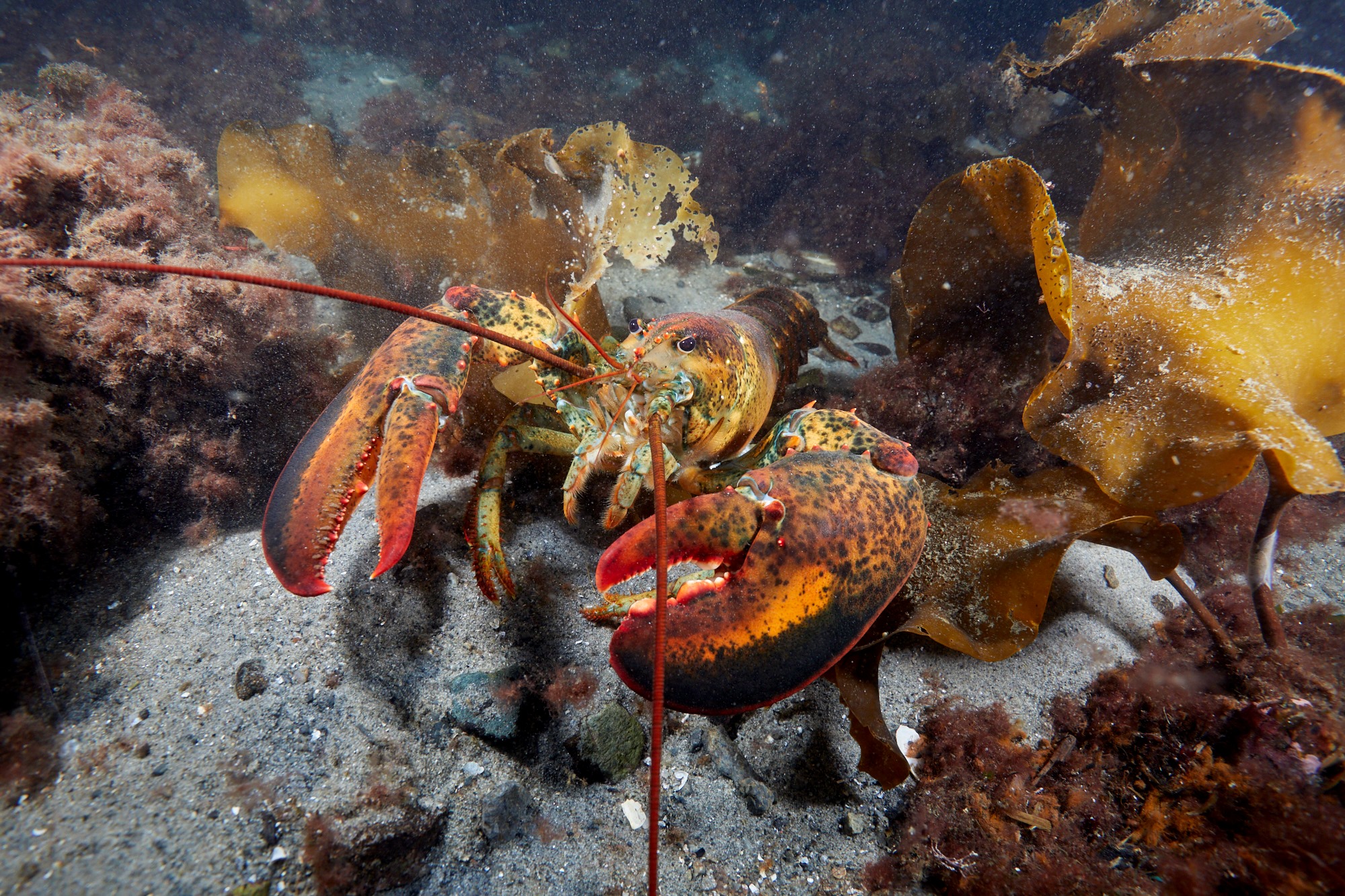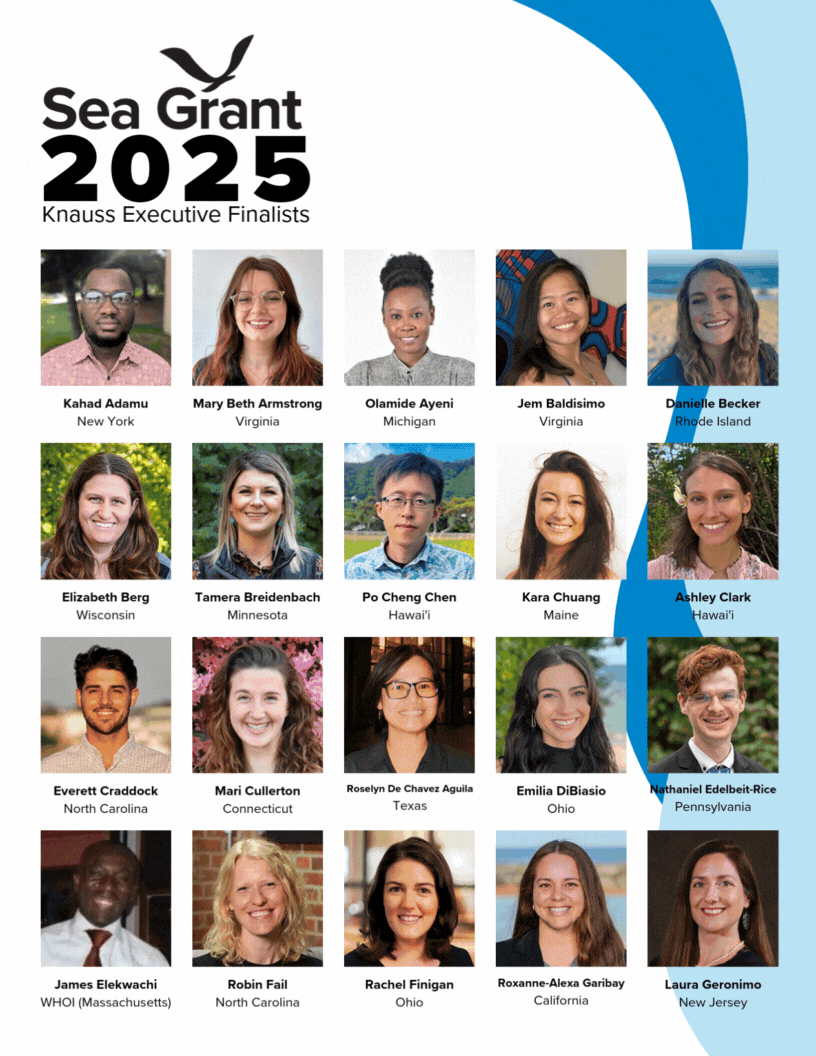Marine debris is a pervasive global problem that touches every corner of our ocean and Great Lakes. Made up of everyday trash, discarded fishing gear and even large abandoned vessels, this problem is entirely caused by people. “Marine debris is a problem across the United States and the world,” said Nancy Wallace, Director of the NOAA Marine Debris Program. “It can damage habitats and harm wildlife, it can also threaten navigation safety, the economy and, potentially, human safety and health.” Sea Grant, in collaboration with the NOAA Marine Debris Program, recently awarded $350,000 to eight Sea Grant programs for projects that will research, prevent and remove marine debris in US waters. These projects are matched with funding from the state Sea Grant programs, bringing the total investment for these marine debris projects to $700,000. The projects take on a number of key marine debris issues, including preventing and removing derelict crab traps, reducing the presence of plastics in waterways, empowering students through marine debris education and removing marine debris from sandy beach ecosystems.
On the East Coast, four projects will be developing and implementing programs that aim to reduce the amount of marine debris in the region. North Carolina Sea Grant will engage partners to evaluate how much plastic enters Pamlico Sound from urban and rural lands via the Neuse River. In the Northeast, Connecticut Sea Grant, in partnership with New York Sea Grant, will work with stakeholders to develop a marine debris action plan for Long Island Sound while Woods Hole Sea Grant will expand a marine shrink wrap recycling program on Cape Cod. Delaware Sea Grant will focus on preventing the introduction of microfibers, which are plastic fibers that shed from synthetic textiles and fishing gear, into Delaware’s waters.
In the Gulf of Mexico, Louisiana Sea Grant’s project will bring together fishermen, managers and policymakers to reduce the number of lost and abandoned crab traps in coastal waters.
On the Pacific Coast, Oregon Sea Grant will engage with students in order to interrupt the marine debris cycle in communities along the Oregon coast. This project will utilize lessons, hands-on activities, field trips and other educational tools to inspire action. Additionally, Hawai’i Sea Grant will research the best methods for removing marine debris from Hawai’i’s beaches without harming the animals that live within the sand and on the shoreline.
Marine debris is more than just a problem in the ocean, it also affects the Great Lakes. Wisconsin Sea Grant will work with school systems to assess and reduce single-use plastics in accordance with the Plastic Free Milwaukee (MKE) Lake Friendly Certification program. Building on successful implementation in local Milwaukee restaurants, this project will adapt the certification program for grade schools in the area.
Many of these projects have a strong focus on working with both new and established partners in order to reduce marine debris in our coastal and Great Lakes waters. Jonathan Pennock, director of the National Sea Grant College Program, noted that “this partnership between Sea Grant and the Marine Debris Program blends the missions and strengths of both programs to address a growing problem in coastal and Great Lakes waters around the entire country. These diverse projects will not only address issues important to the locale where they occur but will also establish the scientific understanding, educational approaches and partnerships necessary to apply these approaches across the country.”
These projects plan to commence in late spring or early summer of 2020 and will continue for two years.
More information on the eight projects is available here.


